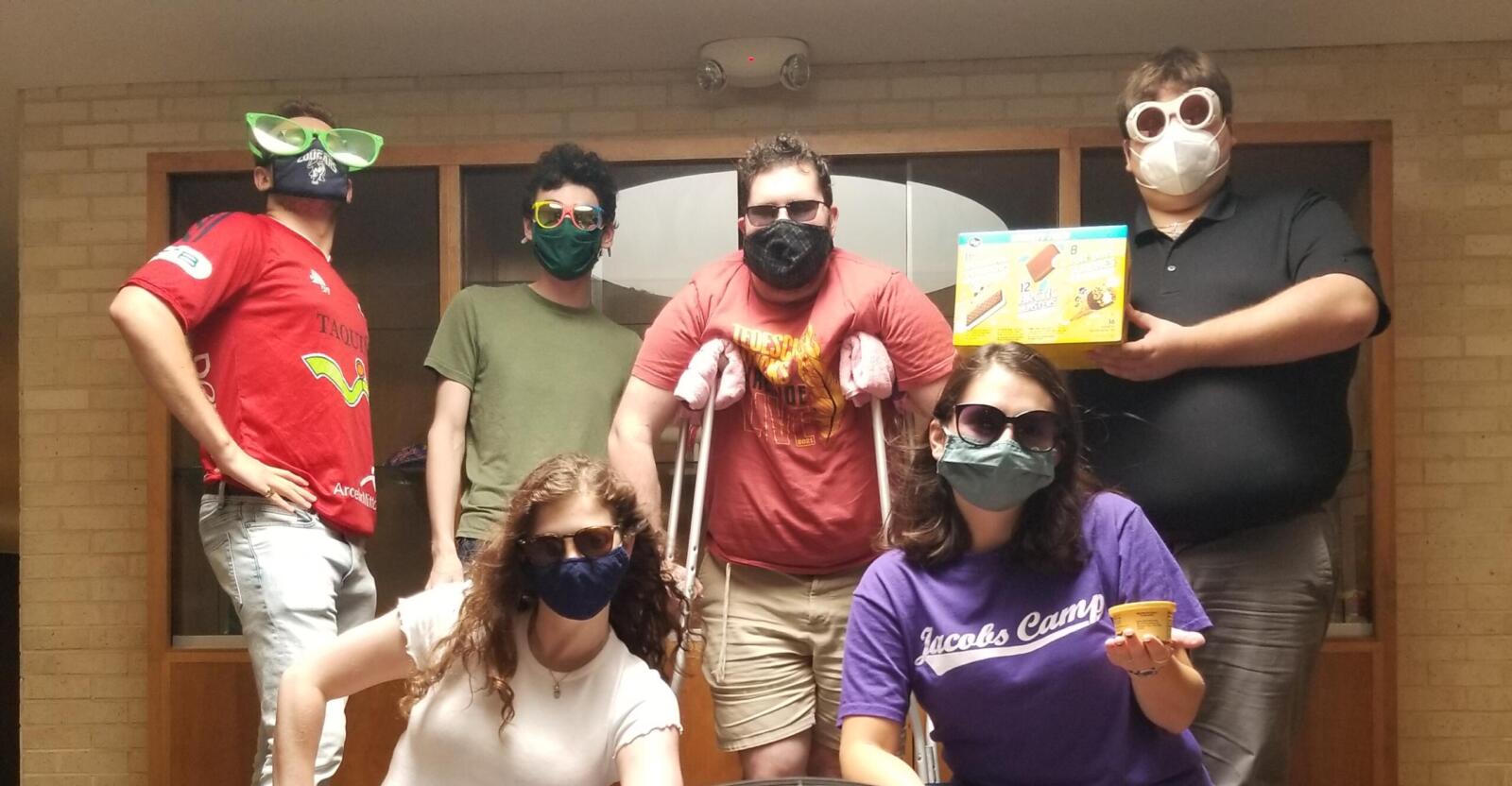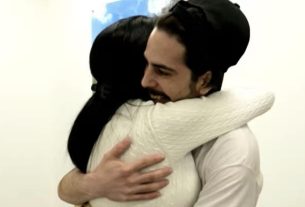I am terrible at asking for help; doing so often makes me feel like I have failed. Rather than admit I need aid, I will struggle unnecessarily and take twice as long to get something done. However, a couple months ago, I sprained my ankle in a spectacularly embarrassing fall and had no choice but to ask for help.
As soon as the adrenaline wore off post-injury, I realized that I couldn’t even brush my ankle against anything, never mind put weight on it. So there I was, unable to drive myself to the doctor. My first thought? “I don’t want to inconvenience anyone by asking for a ride.”
But I swallowed my pride, and asked for a ride.
As I should have expected, no one thought I was weak for asking for help. Quite the opposite in fact. Immediately I was offered rides to and from work, help getting groceries, and meals. I felt beyond supported and it just goes to show that things we perceive as flaws or weaknesses are often demons of our own creation. For me, that demon was thinking that asking for help meant I was somehow incompetent.
My healing process for my ankle has, serendipitously, coincided with the month of Elul, a time where we turn inwards and reflect. We look at where we have hurt people and ask for their forgiveness. What we often forget, though, is that part of that forgiveness involves forgiving ourselves, too. It is a task that can be harder than asking others for forgiveness, because we have to acknowledge that the person we hurt is ourselves.
This injury opened my eyes to working through the stumbling blocks I put in my own way. I realized that my peers will not think less of me if I ask them for help. I feel more equipped to not only ask for help in my personal life, but also professionally. During this time of healing, I have realized there is no shame in being overwhelmed; it’s when I try to slog through the feeling that I end up hurting more in the long run.
Teshuvah is the process of reflection that we are asked to do during Elul and built into that reflection is acceptance and acknowledgement of the hurt. We are encouraged to dwell with the pain and work through it. The process of teshuvah, we learn from Maimonides, is not complete until, when faced with the same choices, we choose a different path. In other words, we have to put in the work to change our actions and perspective.
Whether this means talking to someone, journaling, or grappling with ourselves, true teshuvah cannot occur unless we evaluate how we can improve. For me, a sprained ankle led to physical recovery and spiritual growth.
It is up to each of us to find individual moments of reflection. Then ordinary or seemingly meaningless events can become a catalyst for discovering something new about ourselves. We just have to be open enough to hear it. As the month of Elul ends, and we enter into the new year, perhaps we can use this time of reflection to forgive ourselves as well as others.
L’shana tova!
The post Healing Through Elul appeared first on My Jewish Learning.




